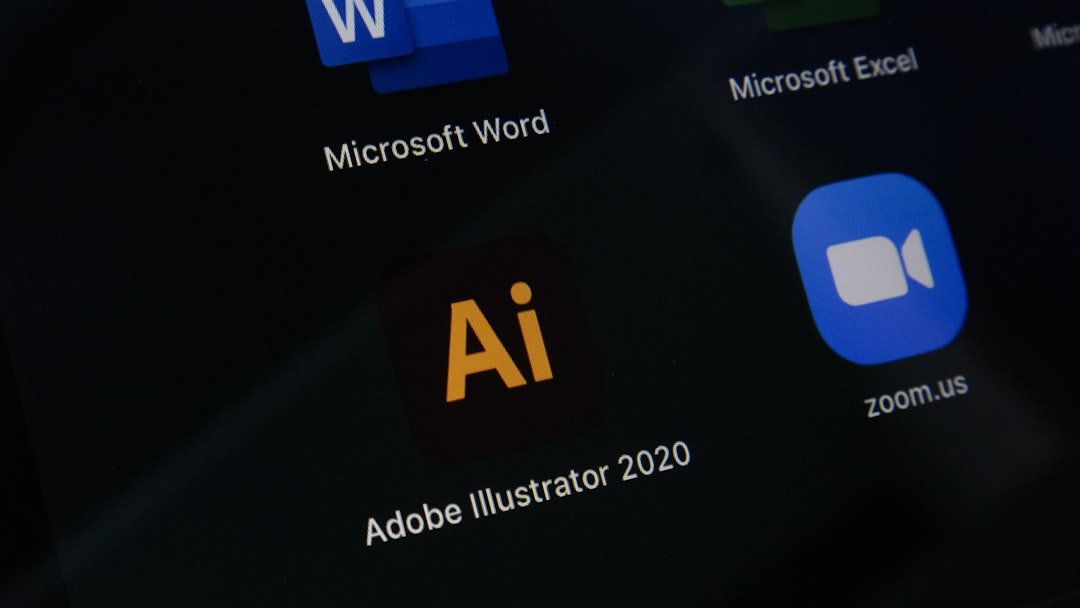AI is increasingly integrated into software development, enhancing productivity, efficiency, and innovation. Here are some examples of AI tools currently used in software development:
1. GitHub Copilot
-
Functionality: GitHub Copilot is an AI-assisted coding tool that provides code suggestions and autocompletion, enhancing developer productivity by automating routine coding tasks.
-
Benefits: It helps reduce errors and speeds up the coding process, making it a valuable asset for developers working with popular programming languages.
2. ChatGPT
-
Functionality: While primarily known for its conversational capabilities, ChatGPT can assist with coding tasks, such as generating code snippets or explaining complex concepts. However, it's often recommended for general-purpose tasks rather than specialized coding.
-
Benefits: Its ability to understand natural language and provide context-based responses makes it useful for brainstorming and research tasks.
3. OpenAI Codex
-
Functionality: This AI model transforms natural language into functional code, supporting a wide range of programming languages. It offers advanced code completion and can generate entire functions from text prompts.
-
Benefits: Codex is versatile and user-friendly, making it suitable for developers of various backgrounds and skill levels.
4. DeepCode AI
-
Functionality: DeepCode AI focuses on security-first code analysis, combining symbolic and generative AI to identify vulnerabilities and provide quick fixes. It integrates well with platforms like GitHub and Visual Studio Code.
-
Benefits: It enhances code security by minimizing potential threats and automating the detection of security issues.
5. Qodo
-
Functionality: Qodo is an emerging AI coding assistant known for its precise code suggestions, automated test case generation, and code explanation capabilities. It supports multiple languages and integrates with popular IDEs.
-
Benefits: Qodo improves code quality and facilitates efficient collaboration among developers through its Git integration and pull request management features.
6. ML Kit
-
Functionality: ML Kit is Google's SDK for integrating machine learning into mobile apps. It offers pre-trained models for computer vision and natural language processing, with support for both Android and iOS.
-
Benefits: It allows developers to add AI capabilities to mobile apps with minimal code, making it ideal for beginners and those looking for easy integration.
7. OpenCV
-
Functionality: OpenCV is a cross-platform library for building real-time computer vision features. It includes over 2,500 optimized algorithms for tasks like object detection and gesture recognition.
-
Benefits: OpenCV is widely used in applications requiring real-time image and video processing, such as surveillance systems and interactive gaming.
8. Replit AI
-
Functionality: Replit AI supports coding in multiple languages, including JavaScript and Python. It assists developers by providing code suggestions and automating coding tasks.
-
Benefits: It enhances coding efficiency and is particularly useful for developers working with web technologies.
These AI tools are transforming software development by automating tasks, improving code quality, and enhancing productivity across various stages of the development lifecycle.










0 Comments